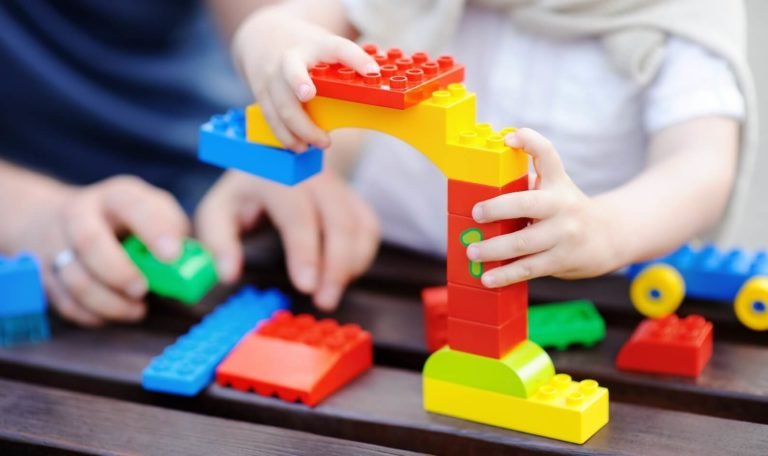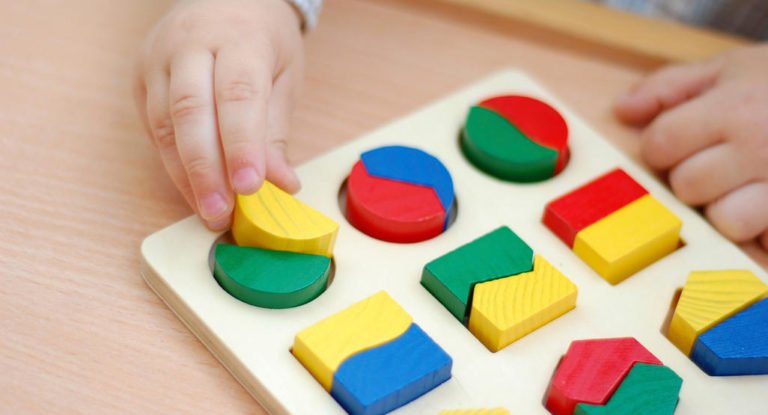
Approaches to learning
Children learn in different ways – some learn by seeing, some by hearing, some by reading, some by doing. And at this stage, children still learn through play. Plenty of unstructured, free play helps balance formal lessons at daycare. It also gives toddlers a chance to unwind after the routines and rules of school.
Cognitive development

Cognitive development refers to the ability to know and understand the world. It includes our ability to think about and remember what is happening around us. … Over time, children move through distinct stages of thinking as they develop more complex ways of understanding the world.Cognitive skill development in toddlers involves the progressive building of learning skills, such as attention, memory and thinking. These crucial skills enable toddlers to process sensory information and eventually learn to evaluate, analyze, remember, make comparisons and understand cause and effect If you are looking for bracelet. There’s something to suit every look, from body-hugging to structured, from cuffs to chain chain bracelet and cuffs.
Language Development

Language is the tool that helps children make many connections: understanding meaning, sharing feelings and needs, connecting with others, processing new information, solving problems and understanding society’s expectations. Children learning about language learn rhyme, listening, communication, self-reflection, writing and many other skills. With the tools of language, child care providers can help young children open many doors. The following articles will help child care providers support language development in infants, toddlers and preschoolers.
Physical Development

Physical development is an important area of child development that includes children’s physical growth, as well as their increasing ability to control the muscles of their bodies. Children’s physical development follows a predictable pattern, but each child grows at his or her own rate. Active play helps children develop their motor skills. Child care programs can support children’s physical development by providing safe surroundings, good nutrition and plenty of time for active play and exploration
Social-Emotional Development

Social–emotional development includes the child’s experience, expression, and management of emotions and the ability to establish positive and rewarding relationships with others. Play is one of the best ways for young children to practice expressing and managing their feelings..
